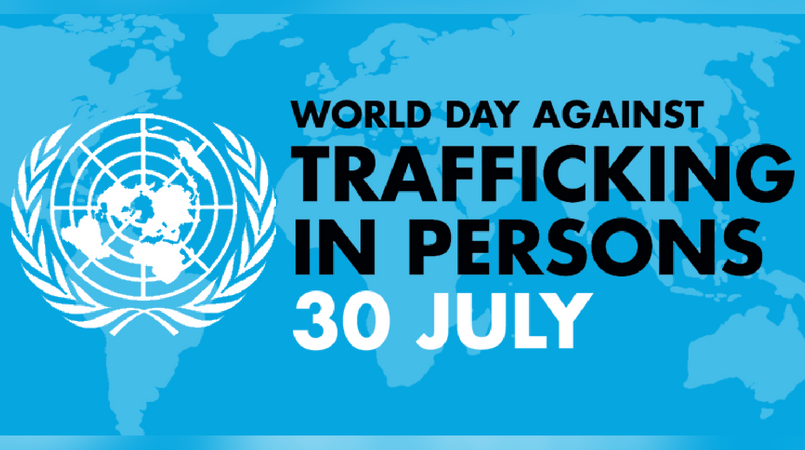
Human trafficking is a serious global crime affecting men, women and children, who are subject to abuse and exploitation for different purposes such as sex or forced labour.
July 30 will observe the World Day Against Trafficking in Persons.
The International Organization of Migration (IOM) says human trafficking is a grave violation of human rights.
Millions of people every year become victims of forced labour globally, many of whom are victims of trafficking for labour and sexual exploitation.
Women and girls comprise 71 per cent of victims of trafficking and children make up almost a third of all human trafficking victims worldwide.
Often deceived, victims of trafficking can be tricked or mislead to believe that they are being taken to work or study and that they and their families will be much better off.
Lance Bonneau, Chief of Mission, IOM PNG, said: “There are many circumstances leading to people falling victims to human trafficking, but the result is the same, their freedom is taken from them and they are subjected to abuse and exploitation.
“Trafficking is a subversive crime and doesn’t require crossing a border into another country, people are trafficked within their own countries, even within their own city.”
Trafficking in Persons is defined as the recruitment, transportation, transfer, harbouring or receipt of persons, by means of threat or use of force or other forms of coercion, of abduction, of fraud, of deception, of the abuse of power or of a position of vulnerability or of the giving or receiving of payments or benefits to achieve the consent of a person having control over another person, for the purpose of exploitation.
Every country in the world is affected by human trafficking, whether as a country of origin, transit, or destination for victims.
Papua New Guinea is no different. It is a source, transit and destination country for human trafficking, with evidence demonstrating that both foreign nationals and Papua New Guineans are exploited in cases involving forced labour, domestic servitude, child marriage and sexual exploitation.
Since 2010, the International Organization for Migration (IOM) has worked to combat human trafficking in PNG by protecting victims of trafficking and supporting Papua New Guinea‘s law enforcement to prevent and prosecute trafficking related crimes.
“IOM works with the Department of Justice and Attorney General (DJAG) and other partners to support counter trafficking prevention and protection activities in all 22 provinces of PNG,” stated Bonneau.
“Working together we can make a difference to combat trafficking in persons and eliminate exploitation.”
Nationally, Papua New Guinea’s Criminal Code Amendment Act 2013, Trafficking in Persons National Action Plan 2015- 2020, and Standard Operating Procedures for the Identification, Referral and Prosecution of Human Trafficking cases in Papua New Guinea empower the country to minimise the impact of trafficking and protect victims.
The UN is also closely working to assist the government achieve the Sustainable Development Goals (SDGs). This Global Development Agenda seeks to end all forms of forced labour, human trafficking, modern day slavery and child labour by 2025 and to eliminate all forms of violence against all women and girls.
It also seeks to address underlying factors such as poverty and no access to justice system contributing to human vulnerabilities often preyed on by traffickers.
